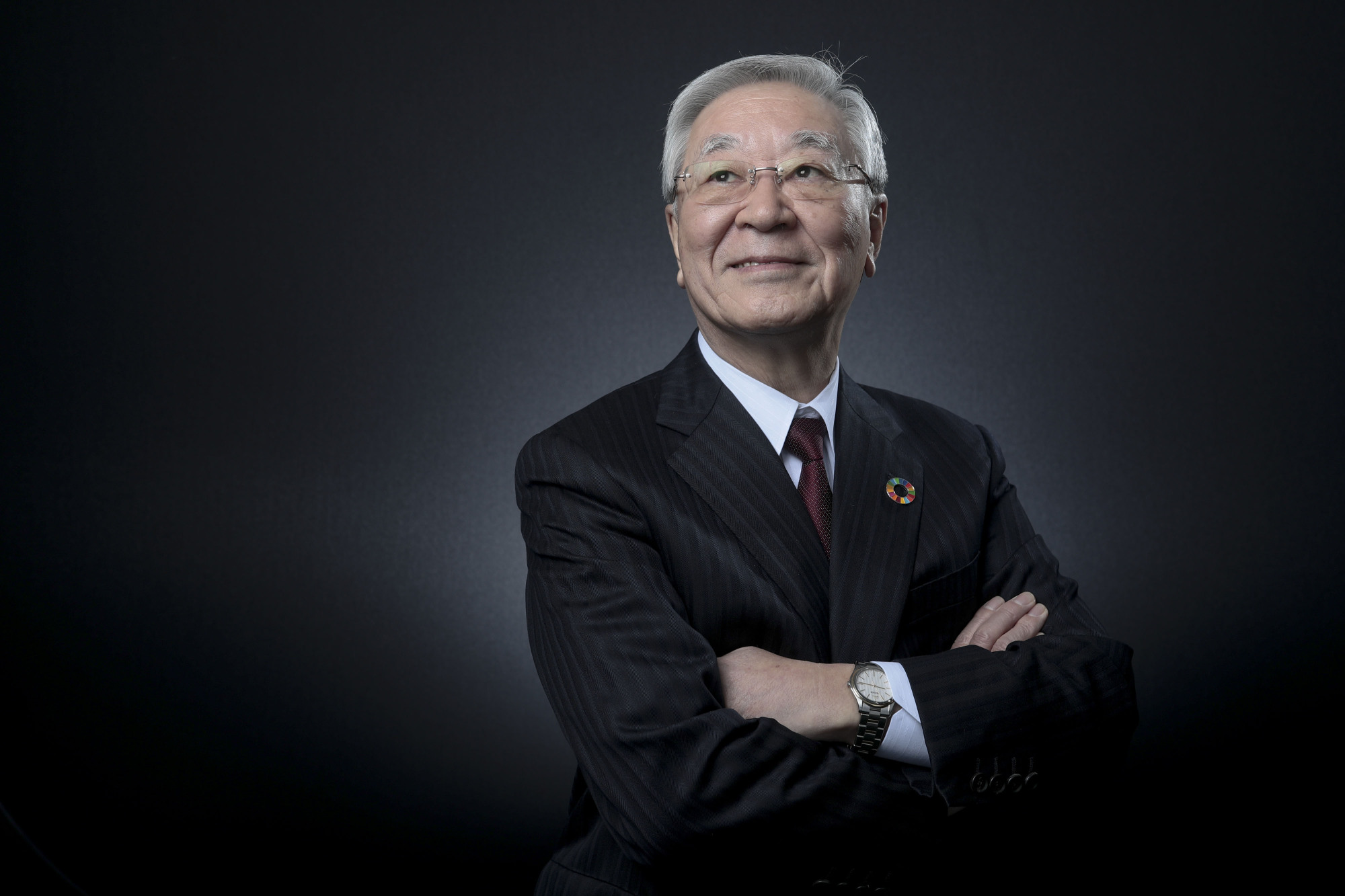The Nihon Keizai Shimbun (Nikkei) published an article on June 17 that was critical of the Japan Business Federation (Keidanren), a lobbying organization made up of more than 1,300 of the country's biggest companies. The Nikkei has always been in Keidanren’s corner, so it was something of a shock to read a story suggesting that the organization appears to be incapable of changing with the times.
The Nikkei more than likely had high hopes when Keidanren appointed Hiroaki Nakanishi of Hitachi Ltd. to the organization’s top post in May. Nakanishi was credited with saving Hitachi, which Nikkei described as a "sinking battleship," and he seemed to possess a greater international sensibility than previous chairpersons in his position. However, not much had changed. All 18 current vice chairpersons were men over the age of 60. No foreign or information technology companies were represented. Only seven had ever worked abroad. Most significantly, there were no entrepreneurs or self-made businesspeople on the board. Every member was an organization man, having worked his way up the ranks within his respective company in Japan in a conventional way — namely, the lifetime employment system wherein one climbs the ladder through seniority.
The Nikkei's position that Keidanren should enter the 21st century was prominent in another article that appeared Oct. 16, which covered a news conference in which SoftBank founder Masayoshi Son and Toyota Motor Corp. President Akio Toyoda announced a joint venture to promote new mobile services. Toyoda said the venture was his company's idea but that he couldn't imagine entering such a field without Son's help. Son expressed surprise that a company like Toyota wanted to work with him.

















With your current subscription plan you can comment on stories. However, before writing your first comment, please create a display name in the Profile section of your subscriber account page.